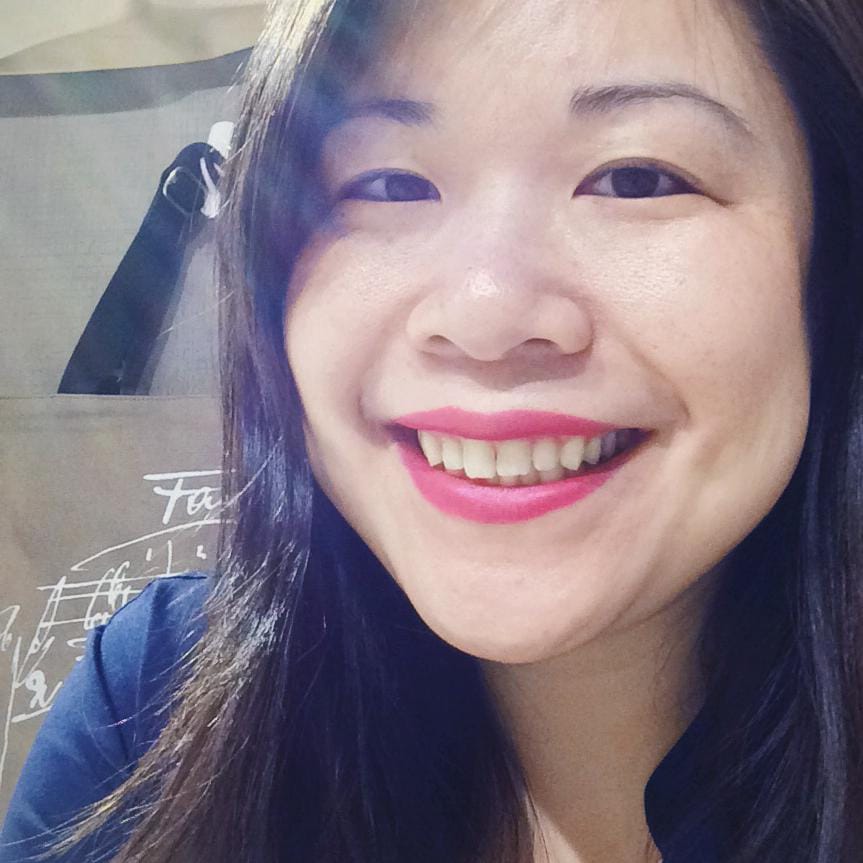Modular Revolution and Startup Strategy with Horace Dediu

Horace Dediu from Asymco & Clayton Christensen Institute is back with the second Asymco trilogy on our podcast to discuss the major topics that dominate the world of business and technology: modular revolution, startup strategy, Apple & cars. In the first part of the second trilogy, Horace discussed his latest work on modular revolution & startup strategy on why and how companies approach innovation by utilising the principles of modularity and integration in different stages of their life cycle and how this forms part of how we understand and find the right timing for innovation to enter the market.
Here are the interesting show notes and links to the discussion (with time-stamps included):
- Horace Dediu (@Asymco), senior fellow at Clayton Christensen Institute and his main site: Asymco.com and do check out Horace’s three podcasts: The Critical Path, Asymcar and Significant Digits with Ben Bajarin which we highly recommend.
- Since our last conversation, what have you been up to as a senior fellow at Clayton Christensen Institute? [1:24]
- The 2nd Asymco Trilogy Part 1: Modular Revolution and Startup Strategy [3:08]
- Having heard your research on your podcast, I like to ask first about your work on modular revolution, looking at S-curves of innovation. Can you talk about the ideas for modular revolution? [3:24]
- Historical examples in modular revolution: the personal computer industry [4:23] and the automobile revolution by Henry Ford [5:26]
- When should companies pursue modularity or integration during their life cycle? [6:03]
- Discussion on Google’s Project Ara as an example of why modularity did not work out. [9:19]
- Degree of modularity in Apple, Microsoft and Google in how they are choosing between modularity and integration on hardware and software. [10:32]
- Currently, the real estate industry is highly integrated. Will there come a time where the construction industry end up modularise the building units similar to Lego bricks? [13:47]
- The automotive industry as another example in understanding final assembly and integration with General Motors and Ford. [14:50]
- Toyota applied modularisation with just in time and lean manufacturing in 1980s. [16:17]
- Construction industry are moving towards modularity in China. [18:50]
- Subsequently you took this research and develop the theory into startup strategy, which I understand you will turn this into a proper book. What are the main tenets of startup strategy and is it just for startups or can also be implemented into major corporations? [20:07]
- References: Geoffrey Moore’s “Crossing the Chasm” and Edward Rogers “Diffusion of Innovations” [21:29]
- How startup strategy apply to different situations. [24:40]
- How does the theory of disruptive innovation together with the jobs to be done framework fit together with the startup strategy concept? [28:18]
- Jobs to be done theory defines the understanding of purchasing behaviour in disruptive innovation theory. [31:34]
- Jobs to be done theory contradicts classical economics theories that are focused on purchasing behaviour and pricing [34:50]
Podcast Information:
- Feed
- iTunes
- Google Play
- TuneIn
- Overcast FM
- SoundCloud
- Quibb
- Google+
- Stitcher
- Acast
The show is hosted by Bernard Leong (@bleongcw) and are sponsored by Ideal Workspace (Twitter, Facebook and LinkedIn) with their new Altizen Desk on Indiegogo (Twitter, Facebook, Medium). Also check out Ideal Workspace’s new standing desk, Altizen and sign up for their mailing list. Sound credits for the intro music: Taro Iwashiro, “The Beginning” from Red Cliff Soundtrack.
Special Promo for IoT Asia Conference 2017: Innovation and value generation remain at the forefront of the 4th edition of IoT Asia conference which returns on 29th to 30th March at the Singapore EXPO. Join the 3-track conference to learn about new developments and initiatives from thought-leaders and leading lights in the field. Use our promo code IOT7AASIA to get 10% off conference rates except Academic.



